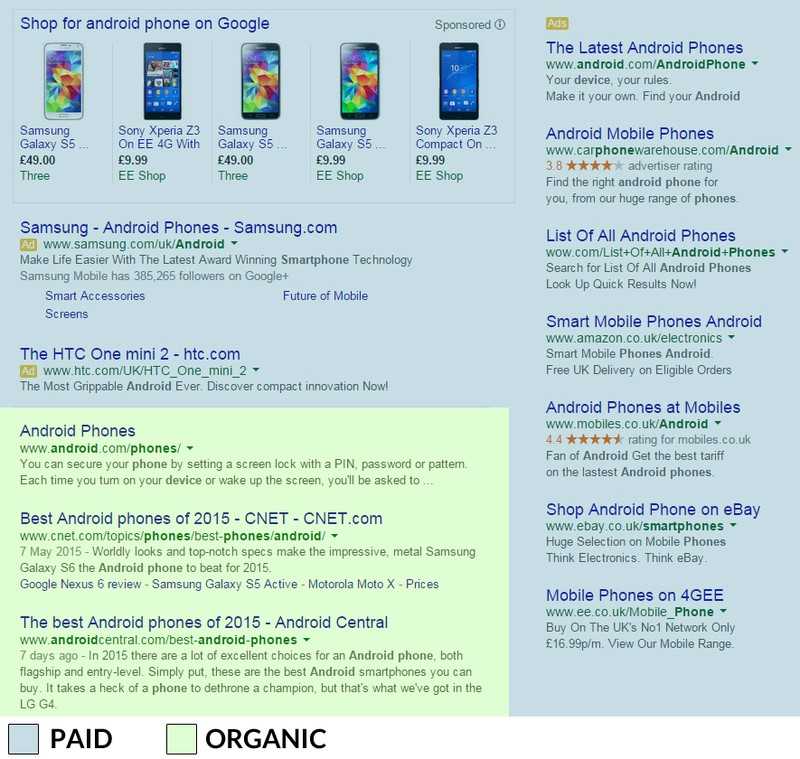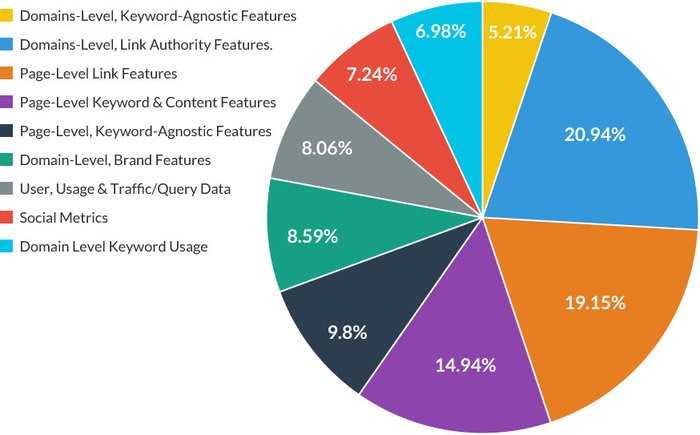Intro
Search Engine Optimization (SEO) is a marketing tactic that is used to improve the frequency at which a company’s website will organically appear in search engine result pages (SERPs). Results are achieved by adjusting or adding search engine sensitive elements to a website. Essentially, SEO is developing specific content to increase and improve a website’s visitor quality. SEO is essentially a collection of strategies and techniques that increase site visitors by customizing a website to gain high ranking placement in search engine results pages (SERP.)
Search engine optimization is the collection of actions that ensure that a site is friendly to search engine bots and crawlers that review and index pages for their sites. This collection of best practices are also called white hat SEO. It is considered the methodology for ranking advancement. One of the major impacts to a webpage is the writing content that is targeted to readers online. This creates the supply and demand dynamic for digital content.

The SEO Mixture
Campaigns that are successful will seek to affect SEO improvements should incorporate carefully chosen keywords into their website content for search engine algorithms. The keywords should be relevantly scattered throughout the site for the most successfully executed SEO campaign. If you're looking for expert guidance, working with a Map SEO agency can help refine your approach and boost your local search visibility. The pieces of an SEO campaign make more sense when examined individually. Understanding the individual parts of what makes SEO a powerful marketing tactic starts with a breakdown of a campaign.
Internet users are reluctant to click on numerous pages of SERP so where a page ranks on the results page is vastly important to the success of the page and traffic coming to that site. Webmasters work to organically increase their rank in SERP listings. The more improvement to the listing rank, the more chance the page has to be clicked on by a user. Organic SEO strives to use on page factors to obtain a higher placement on SERP naturally without paying for prime placement.
Traffic Improvements: Keyword specific content will help differentiate your site from other sites that are named similarly but offer unrelated services. You need to attract visitors to your site that understand your brand and services.
Increased Traffic: Visibility in the top SERPs will result in better and more frequent traffic. Users are more likely to interact with results in the top 10 to 20, so improving your rankings on these results pages will help increase the traffic to your site. Organic Search Results: There are both paid, and organic results on a search engine result page. Organic results are unpaid and subject to SEO marketing.
How SEO Functions
Search engines like Bing, Google, and Yahoo produce pages of answers based on questions entered into a query box. When you consider how a search engine works, it’s easy to understand how your search engine is more than an answer genie. The best way to build a successful SEO campaign is to begin by understanding how search engines essentially operate when generating results pages. To break down the functionality of a search engine, you begin with information collection. Search engines scour the Internet for information about a variety of topics. Once content is gathered, it is indexed and fed into an algorithm that has the unfathomable job of matching search queries with indexed data. Of all the factors that affect a search engines programmed functionality and algorithm, many experts agree that three factors are the most important.
The All-in-One Platform for Effective SEO
Behind every successful business is a strong SEO campaign. But with countless optimization tools and techniques out there to choose from, it can be hard to know where to start. Well, fear no more, cause I've got just the thing to help. Presenting the Ranktracker all-in-one platform for effective SEO
We have finally opened registration to Ranktracker absolutely free!
Create a free accountOr Sign in using your credentials
20.9% Domain Level, Link Authority Features: Quantity of links to the domain, trust and quality of the links to the domain and the domain level page rank.
19.2% Page Level link Features: This percentage denotes the quality of the links anchored to your page. Rank and trust rank scores are relational to the quality, quantity, distribution, and sourcing of links.
14.9% Page level KW and Content Features: The topic relevance score will determine if the content on a page is relevant to the domain's purpose and other content.

In the term Search Engine Optimization, there are two functions Search Engine and Optimization. The search engine pieces of the campaign can be controlled, and the optimization function is where you would make this happen. Over fifty percent of all the factors that affect the rankings of a website on a search engine are controllable. Optimization can happen in any of these functionalities. Working to optimize your site can range from tag management to constructing informative Metadata. Other factors like on-page optimization, which includes the finite detail of a web page. Items like the coding, images, and the content will have bearing on the results page rankings of the page. Another area that can certainly affect rankings, but is not as controllable is off-page optimization. The best way to affect this factor is to provide engaging and relevant content that can be sourced on other pages. Adding content to your web pages that link to other websites can lend credibility to a domain through search engine tracking.
Applying SEO Principles
We started with an explanation of what qualifies as SEO. We also addressed what exactly the acronym means to website builders and businesses. If you are a beginner to SEO marketing, then make sure that you have a firm grasp on the tactic. To get started, here is a quick overview of the essential information of SEO.
When someone uses the acronym SEO, they are referring to Search Engine Optimization, which is a type of digital marketing. Building a website that is fully optimized can be difficult, but begin small with easy fixes like choosing a search engine friendly domain name or taking advantage of better internal page links. Improvements to a website will not yield robust gains until the content has been updated and formatted to include keywords, tags and utilization of the appropriate on and off page optimization. Optimizing your website will do little good if you are not providing the most relevant and topical content.
The Future of SEO
Algorithms evolve as search engines work to respond to varying issues in their business models. SEO tactics are at the mercy of changes to these search engine algorithms. By remaining engaged and informed about these changes will help keep your pages properly optimized. Being informed will also keep you from falling victim to information that sounds wrong.

